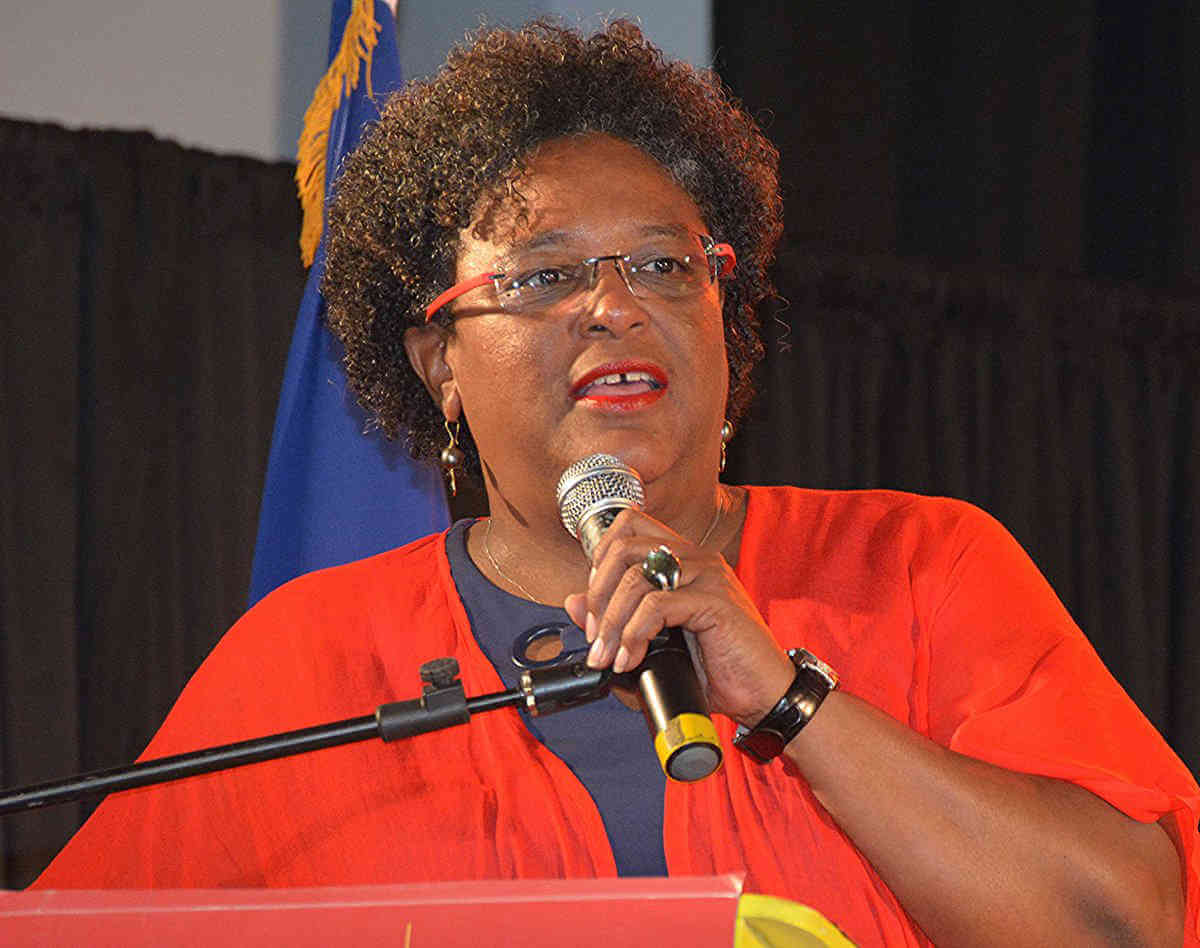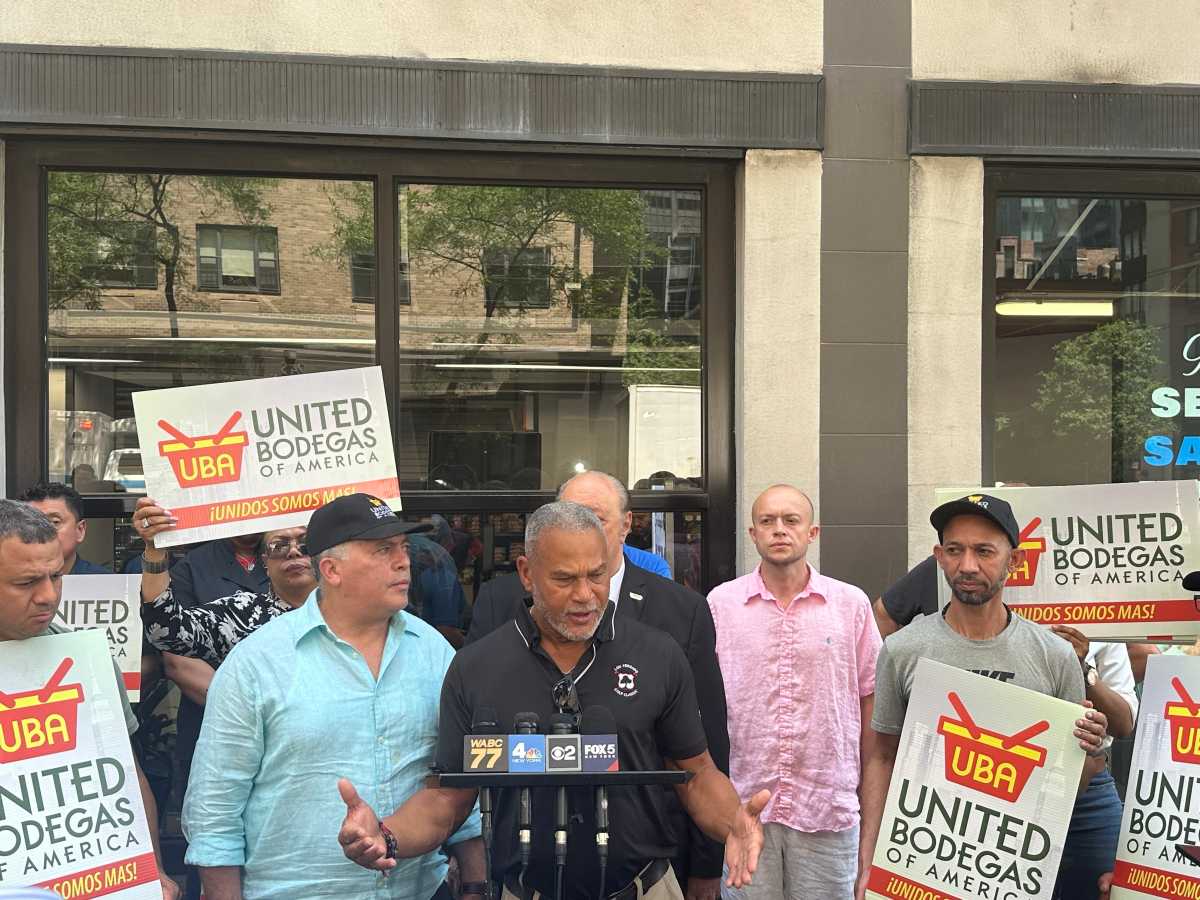It had been building up quite slowly in recent years. Now it seems, the fight by Caribbean Community governments to force European nations to pay for their genocidal role in the trans Atlantic slave trade has picked up steam with several key components coming together that give activists real hope.
Fresh from observing 47 years as an independent nation just last week, authorities in Suriname are also preparing for The Netherlands to issue a formal apology for its slavery role as well as in a string of regional nations like Curacao and St. Maarten. December 19th has been named as the date by several leading authorities both in Suriname and The Netherlands. If done as planned, the apology would have followed the September visit by Dutch Prime Minister Mark Rutte to Suriname. That visit was preceded by a multiparty delegation of Dutch lawmakers in August to the region. Once they returned home, they quickly recommended that an apology be issued and talks about actual compensation should begin.
As excitement builds among regional reparations fighters, Barbados in the meantime, is preparing to corral British lawmaker and businessman Richard Drax into negotiating a settlement in connection with his family’s role in setting up the brutal plantation system on the island and other parts of the Caribbean
The UK Guardian and other publications say that he has already held private talks with the administration of Prime Minister Mia Mottley in Barbados. If he caves in to an agreement, the Drax family would be the first set of individuals targeted by a government to settle up for the sins of their parents.
“It is now a matter that is before the government of Barbados. It is being dealt with at the highest level. Drax is fabulously wealthy today. The Drax family is the central family in the whole story of enslavement in Barbados. They are the architects of slavery-based sugar production. They have a deep historical responsibility, the Guardian quoted Barbadian CARICOM Ambassador, David Comissiong as saying. “The process has only just begun and we trust that we will be able to negotiate. Other families are involved, though not as prominently as the Draxes. This reparations journey has begun. The matter is now for the cabinet of Barbados. It is in motion. It is being dealt with.”
Meanwhile, mobile telecommunications provider Digicel Caribbean, said it was also getting involved in the reparations fight. Company representatives have been moving around the region holding stakeholder consultations. The plan is to use its United Kingdom and European connections to persuade them to establish long-term funding for reparations. Chairman and Irish owner Denis O’Brien said Europe owed the region a US-style Marshal plan to spur development after extracting its resources for centuries.
All this is happening as efforts are being made for the regional prime ministerial sub committee on the issue to meet for major updates. Last Friday’s session was cancelled because of Suriname’s independence celebrations but a convening could occur in the coming weeks.
Regional officials say governments are preparing to send a second round of demand letters to Europe. These will outline “historical facts, their role in specific countries and a narrative. You could well imagine what the specifics of the one to France would contain as it relates to Haiti. We know what they did to Haiti. We are outlining their transgressions,” said a top regional official on Tuesday.
Speaking on condition of anonymity, the official said CARICOM was planning a smart and strategic fight by reaching out to key related allies such as the African Union and the AIDO Network involving 645 African Kingdoms and tribal leaders to join it in strengthening the fight.
CARICOM nations have already formally written Europe asking for a summit on the issue, while at the same time engaging a British law firm, which had won compensation for British genocide against Kenyan tribesmen during the colonial era to represent them. The lawyers say the region has a very strong case to present when the time comes.


























